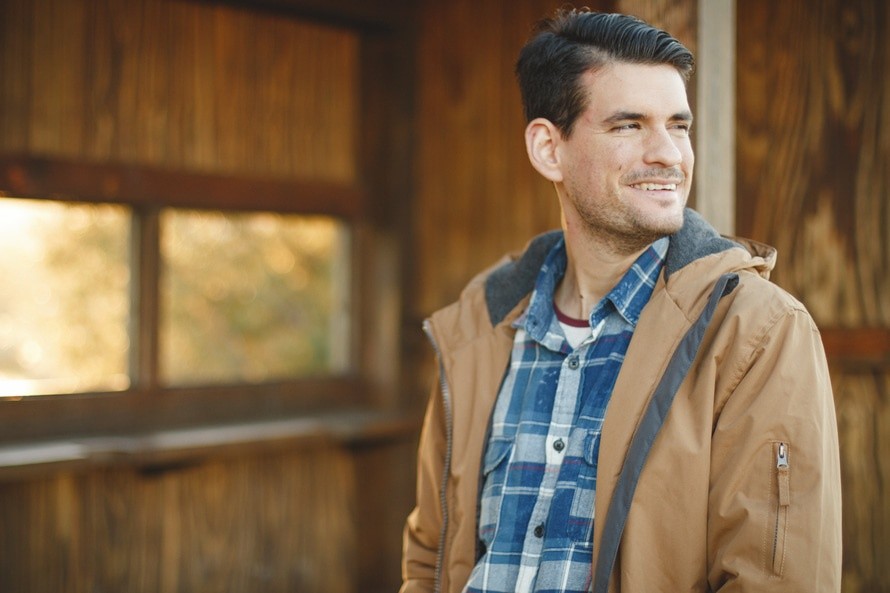What Happens After Hair Transplant Surgery? Our Los Gatos Hair Transplant Doctor Explains

Hair transplantation has proven to be a popular and effective medical procedure for people looking to restore their lost hair. Thanks to technological advancements, the current hair transplant techniques are highly advanced and well equipped to provide the best-desired results by bringing back your lost hair. Currently, there are three major types of hair transplant procedures, including
follicular unit extraction (FUE) surgery (also referred to as neo-grafting), scalp reduction, and
follicular unit transplantation (FUT) surgery. It is imperative to note that the pros and cons of hair transplant surgery are uniquely different, depending on each particular procedure used.
If you are currently planning to go for
men's hair loss treatment in San Jose, it would be an excellent idea to know what you'll expect during the first few weeks after the surgery. Apparently, you'll have to be patient before you start enjoying the benefits associated with having rich and full head long hair. So today in this particular article, we want to explain to you some of the changes and things you'll experience during the first month after undergoing hair transplant surgery.
You'll experience some minor pain.
Of course, this is a transplantation procedure, and this implies that it involves the transfer of existing hair from one part of your body to another. The transferred hair won't just grow and develop overnight. In the aftermath of the surgery, your scalp will become tender and you'll need some prescribed medication to ease the feeling. As a highly reputable Bay Area hair transplant clinic, we usually encourage our patients to sleep with their head elevated on their pillows. Equally, you may be advised to put on a special surgical dressing over the scalp for some period. It is critical to note that for those who opt for the follicular unit grafting method, they are usually required to return to the clinic within the first ten days for examination. If you didn't know, this is the time your doctor will remove the stitches used to close the donor area.
You'll need to refrain from vigorous activities.
You will need to be cautious with how you handle your entire body during this period. Research has proven that exercise, as well as other activities such as sex, usually increases the rate of blood flow to your scalp, a phenomenon that can potentially interfere with the normal healing process after your
Bay Area hair transplant procedure. This implies that you must remain inactive during the first ten days after the procedure.
The hair may shed off.
Bearing in mind that this hair was transplanted, the chances are high that it will shed off. However, this should not get you worried since it is common and a usual scenario. Usually, this happens during the resting phase, which is a period of 2 to 4 weeks after your hair transplant procedure. Of course, there are instances where your new transplanted hair fails to fall off, but you'll be in a better position to just anticipate that you'll lose some of your new hair.
The re-growth may not begin after this period.
On most occasions, the hair will not start re-growing after the first month of your surgery. Most patients usually get disappointed by this scenario. However, it should be noted that ultimately, your hair will start developing during either the second or third month. It calls for being patient before you can start enjoying your new beautiful hair.
Dos and don'ts for styling your hair.
During the first month or so, you'll need to go easy on the styling during this critical phase. Stop applying shampoo on your hair or even getting the scalp wet during the first week or so. When you can work on it again, it is highly advisable that you only use a gentle and safe product such as a baby shampoo. Equally, experts warn that you shouldn't expose the transplanted area to any form of heat for the first few weeks.
The healing time may vary.
Just like any other type of surgical procedure, there are side effects and risks involved with a
San Francisco hair restoration procedure. This is another reason to choose a highly qualified and experienced surgeon, such as Dr. John Diep of MHTA Clinic. Even though there are timelines to guide your healing process, some patients may heal at a relatively faster rate. For some people, the healing process may drag on longer. It's encouraged to work closely with your doctor and follow their recommendations for post-op care and allow him/her to track your progress accordingly.
The Bottom Line.
Research has shown that individuals suffering from balding and thinning hair usually suffer from low-esteem, stress and even desperation. Hair transplantation offers you an opportunity to restore and enhance your hair and boost your confidence. Simply put, the potential benefits of hair transplant are numerous.
Contact MHTA Clinic for a San Jose or San Francisco Hair Transplant Consultation with Dr. Diep
You can learn more about our hair restoration process and the cost of hair transplant surgery by filling out a free online contact form on our website. Experience the difference with our effective techniques and skills in all types of hair loss ailments. Your hair loss treatment starts today by contacting us at
1-866-999-6482 or using our
online contact form here.


